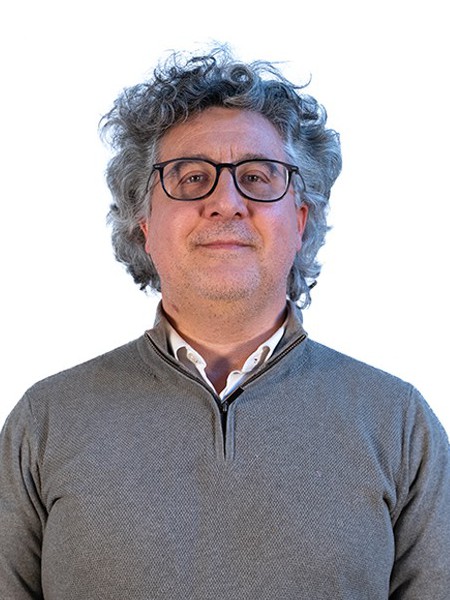resumo
In this concise review paper, we will address recent studies based on the generalized-gradient approximation (GGA) of the density functional theory (DFT) and on the periodic slab approach devoted to the understanding of the Fischer-Tropsch synthesis process on transition metal catalysts. As it will be seen, this computational combination arises as a very adequate strategy for the study of the reaction mechanisms on transition metal surfaces under well-controlled conditions and allows separating the influence of different parameters, e.g., catalyst surface morphology and coverage, influence of co-adsorbates, among others, in the global catalytic processes. In fact, the computational studies can now compete with research employing modern experimental techniques since very efficient parallel computer codes and powerful computers enable the investigation of more realistic molecular systems in terms of size and composition and to explore the complexity of the potential energy surfaces connecting reactants, to intermediates, to products of reaction. In the case of the Fischer-Tropsch process, the calculations were used to complement experimental work and to clarify the reaction mechanisms on different catalyst models, as well as the influence of additional components and co-adsorbate species in catalyst activity and selectivity.
palavras-chave
DENSITY-FUNCTIONAL THEORY; GENERALIZED GRADIENT APPROXIMATION; SUPPORTED COBALT CATALYSTS; AUGMENTED-WAVE METHOD; CO HYDROGENATION; CARBON-MONOXIDE; PARTICLE-SIZE; HIGH-PRESSURE; MECHANISM; RU
categoria
Chemistry
autores
Fajin, JLC; Cordeiro, MNDS; Gomes, JRB
nossos autores
Projectos
Computational Design of new catalysts for the water gas shift reaction (PTDC/QUI-QUI/117439/2010)
agradecimentos
Thanks are due to Fundacao para a Ciencia e Tecnologia (FCT), Lisbon, Portugal, and to FEDER for financial support to REQUIMTE (projects Pest-C/EQB/LA0006/2013 and NORTE-07-0124-FEDER-000067-NANOCHEMISTRY) and to CICECO (projects Pest-C/CTM/LA0011/2013 and FCOMP-01-0124-FEDER-037271) and for Programa Investigador FCT. This work has been supported also by FCT through project PTDC/QUI-QUI/117439/2010 (FCOMP-01-0124-FEDER-020977) co-financed by Programa COMPETE. JLCF acknowledges FCT for the grant SFRH/BPD/64566/2009 co-financed by the Programa Operacional Potencial Humano (POPH)/Fundo Social Europeu (FSE); Quadro de Referencia Estrategico Nacional 2009-2013 do Governo da Republica Portuguesa.


